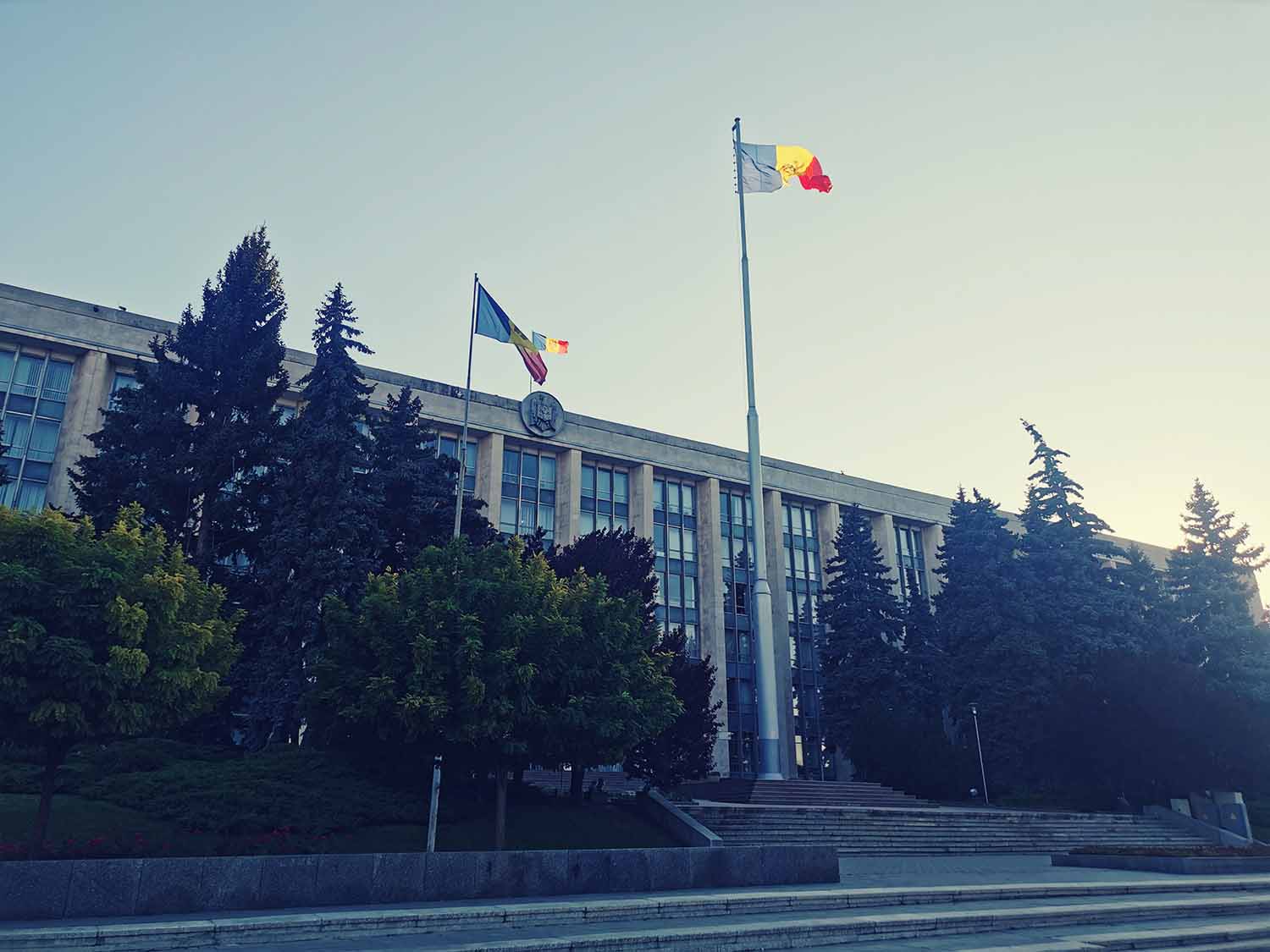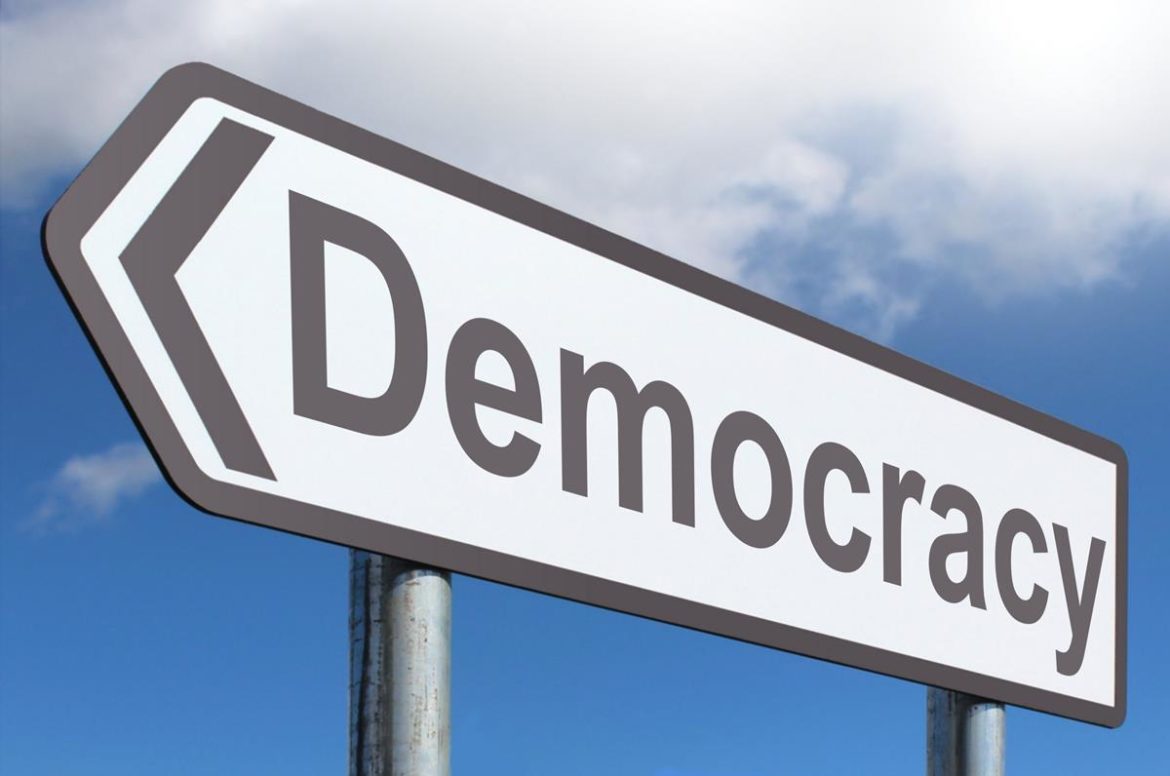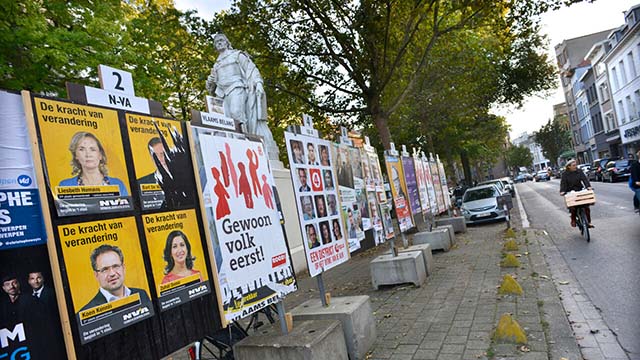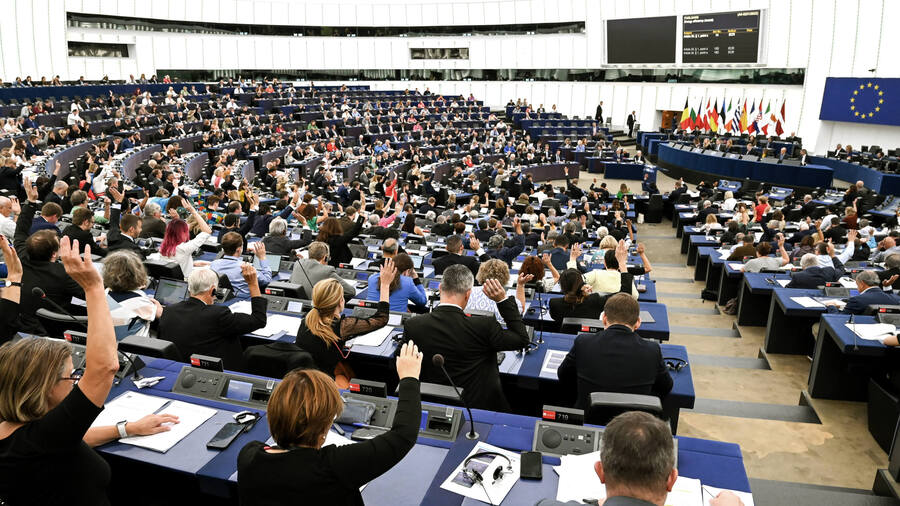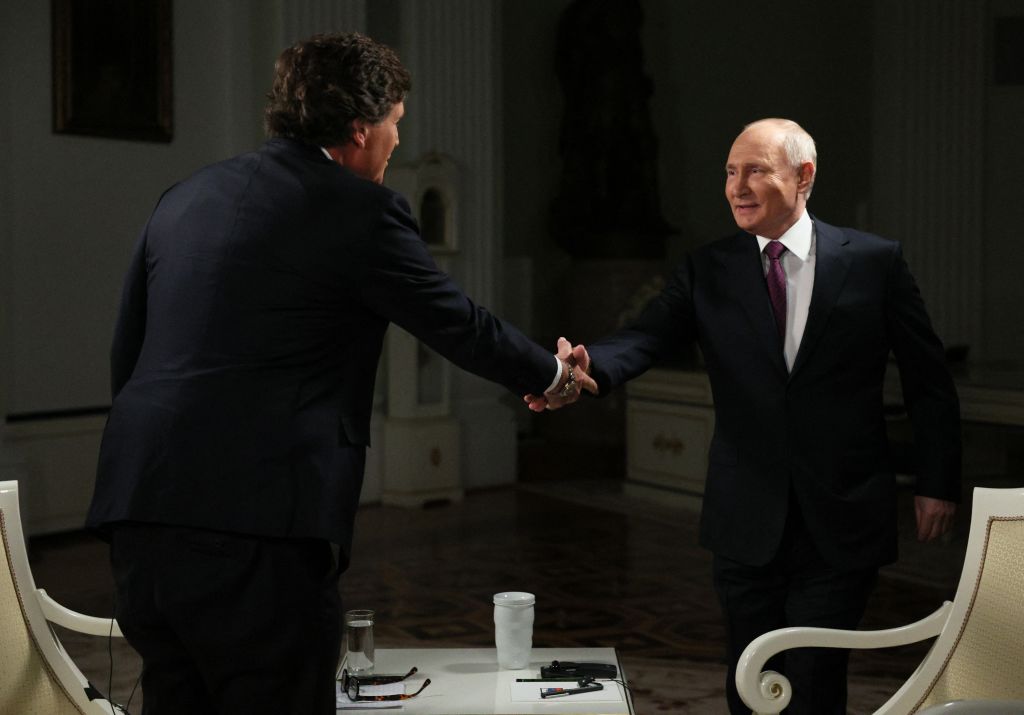
US Elections: Wake-Up Call for Political Strategy
The 2024 US elections have exposed enduring weaknesses and critical oversights in the approaches taken by the left worldwide, traditional media, and political strategists. In an era where populism continues to rise, trust in institutions declines, and social media shapes public discourse, the election results underscore the urgent need for strategic recalibration. Not for democrats, but for the American democracy.


